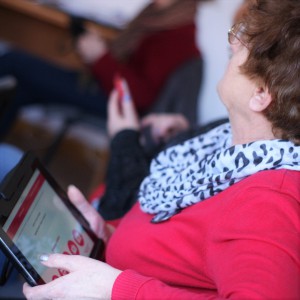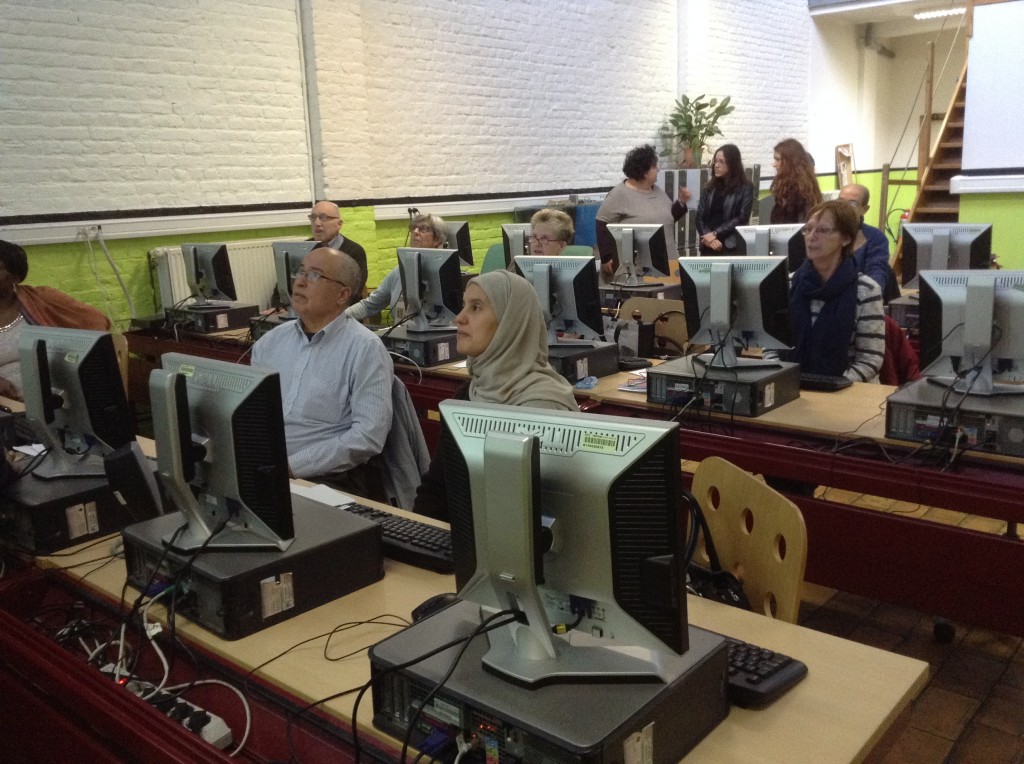01 Apr EU Skills Agenda presented: Our response
01 Apr, 2016
On 15th of March Telecentre Europe took part in a meeting on the EU Skills Agenda organised by the European Commission. The purpose was to consult with civil society organisations on the upcoming strategy for skills development in the EU. The European Commission met with 20 representatives of civil society networks, members of the Lifelong Learning Platform and the European Youth Forum.
The European Commission presented the draft Agenda and its priorities. The strategy will focus on three main pillars:
- higher and more relevant skills for all (including digital skills)
- better visibility of skills
- better understanding of the labour marker needs.
Some reactions from stakeholders were:
Libraries 2020 underlined untapped potential of libraries, e.g. they have strong relationship and cooperation with public employment services. Another advantage is that they are open to everyone, no need for registration and ID documents, so they are a natural access point for disadvantaged groups such as undocumented migrants. The EU skills strategy should support community learning in places such as libraries.
European Schoolnet focused on digital skills and the fact that these skills should not be reduced to using a spreadsheet and coding as they are much more. Digital skills should not be looked at only from the perspective of finding a job, as they are a key enabler of existing in a digital society and therefore very important for social inclusion. The dialogue between education and business should not be bilateral–other actors such as non-formal training providers and the learners themselves should be involved.
European Youth Forum reminded of the importance of volunteering experience to build motivation and self esteem of young people.

The elderly learn digital skills. Credits: Information Society Development Foundation (Poland)
Telecentre Europe outlined the crucial role of telecentres in skills development. Already some very important points have been made about digital skills. Similarly to libraries, telecentres are also locally entrenched, accessible and open to all without the need for registration and presentation of ID, which can be decisive for some users, especially migrants and socially disadvantaged people. The EU skills agenda needs to acknowledge and support community learning. In telecentres people learn digital skills in a context – be it to find a job, connect with family or learn to use a specific software. They learn digital skills in their own right, but also as enablers of other skills like transversal skills, confidence and self-esteem in the digital world. With regards to validation of skills acquired through non-formal learning, we would like to see the European digital competence framework (DIGCOMP) being clarified and used as a universal framework similarly to the European reference framework for languages, being now used by most language training providers and recognised by most.
The EC replied that Initially DIGCOMP (developed in 2013) was mostly theoretical, but now in different countries it has been used and applied in different ways and contexts. In some countries it helps to adapt the curricula, others align their certifications accordingly. For example, in Poland ICT trainers need to be DIGCOMP certified in order to have the right to train. The EC is realising its potential and it will take stock of it. Telecentre Europe will follow closely these developments and will duly inform its members and partners.
by Gabriela Ruseva









